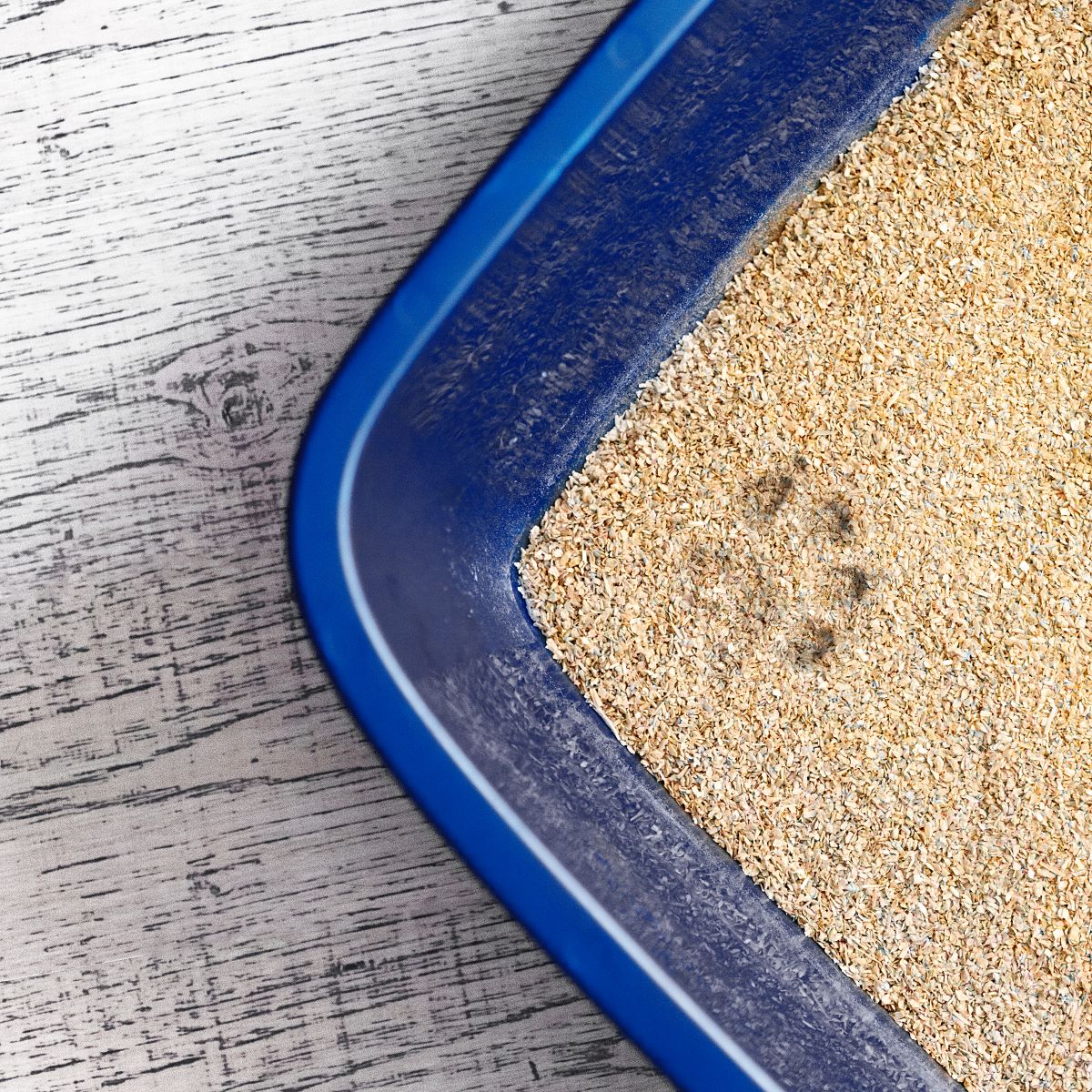
What to Do After a Dog Bite: A Quick Guide
https://www.pexels.com/photo/brown-dog-biting-a-rope-2813361/
Dog bites can lead to serious physical and emotional consequences. Knowing how to react after such an incident is crucial for your health and for establishing a legal route if needed. Whether you are the bite victim or the owner of the dog, understanding your next steps will help you handle the situation effectively. This guide outlines the actions to take immediately following a dog bite, what to expect in medical treatment, and how to assess whether seeking legal advice is necessary.
Immediate Steps to Take After a Dog Bite
The first action to take after a dog bite is to ensure safety. If you are in a public place, calmly move away from the dog to prevent further bites. Assess your injury, as even minor bites may require medical attention. Clean the wound with soap and water, as prompt cleaning can reduce the risk of infection. Apply a clean bandage but avoid using gauze if the wound is deep or bleeding excessively.
After you stabilize your condition, it’s important to report the bite to the dog's owner if applicable or to local authorities, such as animal control. Document the event by noting the dog's breed, size, and vaccination status to help medical professionals determine the treatment needed. Taking photographs of your injury can be useful documentation for any potential future claims.
Medical Treatment and Recovery
When you visit a healthcare professional, they will evaluate the severity of your injury through a physical examination. Depending on the depth and location of the bite, you may need stitches, a tetanus shot, or even a rabies vaccination if the dog’s vaccination history is unknown. Treatment often includes cleaning the wound, applying topical antibiotics, and dressing it properly to promote healing.
Recovery can take several days to weeks, depending on the nature of the bite. It’s important to follow your doctor's instructions closely, including taking prescribed medications and attending follow-up appointments. Keep an eye out for signs of infection, such as increased redness, swelling, or pus. If such symptoms occur, seek immediate medical attention.
Understanding the Legal Implications
In many jurisdictions, dog owners can be held legally responsible for injuries caused by their pets. This is particularly the case if the owner was aware of the dog’s aggressive tendencies. Understanding local laws regarding dog bites can help clarify your rights as a victim. In certain areas, the concept of “strict liability” applies, meaning the owner is responsible regardless of the dog's history or the circumstances of the bite. Consulting legal experts, as Easton Personal Injury Lawyers note, can provide invaluable insights into how to proceed after a dog bite. They can guide you on whether to file a claim, based on the specifics of your case.
An experienced attorney will help assess your damages, which may include medical expenses, pain and suffering, or lost wages. Working with legal professionals might be necessary, especially if negotiations with the dog owner become complex.
Emotional Support and Counseling
Dog bites cause physical injuries and emotional distress. Victims often experience fear, anxiety, or post-traumatic stress disorder (PTSD) following such incidents. Recognizing the emotional impact is critical. Seeking counseling or speaking with a therapist can aid in processing these feelings and assist in recovery.
Support from friends and family can play a strong role in emotional healing. It’s important to communicate how you feel openly, whether that involves sharing your concerns or your fears of encountering dogs in the future. Engaging in activities that promote relaxation and mental well-being can help. Techniques like deep breathing, meditation, and mindfulness are effective ways to manage stress.
Preventative Measures Moving Forward
After recovering from a dog bite, taking steps to prevent future incidents is crucial. Educating yourself on canine behavior can drastically improve interactions with dogs. Understanding body language and what signals indicate aggression or fear will help mitigate risks. For dog owners, proper training and socialization of their pets can prevent aggressive behavior, keeping both their pets and the community safe.
Local dog training classes can offer valuable insights for both dog owners and potential victims on how to react and behave around dogs, improving social interactions. Promoting awareness about responsible pet ownership can lead to a safer environment for everyone.
Moving Forward After a Dog Bite
Navigating the aftermath of a dog bite involves more than immediate treatment. Once the wound is stabilized and reported, it’s important to think about the long-term impact on your health, safety, and peace of mind. This may include follow-up medical care, keeping detailed documentation for potential claims, and paying attention to emotional recovery.
Of course, prevention is best, but accidents do happen. That’s why having skills beyond first aid, like being trained through CPR classes Edmonton, can give pet owners added confidence if a serious bite or injury ever occurs.
Many victims benefit from creating a plan that addresses both physical healing and preventive measures for the future. If you are a dog owner, reviewing your pet’s training, vaccination records, and socialization can help reduce risks going forward. For victims, learning more about canine behavior and how to respond in stressful encounters can provide confidence and reassurance.

https://www.pexels.com/photo/close-up-of-a-happy-dog-in-nature-outdoors-31616407/
Recovering from a dog bite is about treating the physical wound, addressing emotional well-being, and understanding your legal rights. Taking prompt action and seeking professional guidance can prevent complications and provide peace of mind. With the right support, victims can heal more effectively and regain confidence. Learning from the experience can help create safer interactions between people and dogs in the future.











 email us
email us